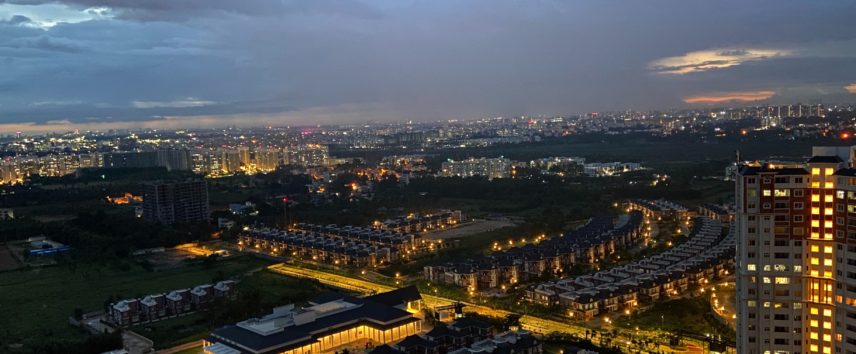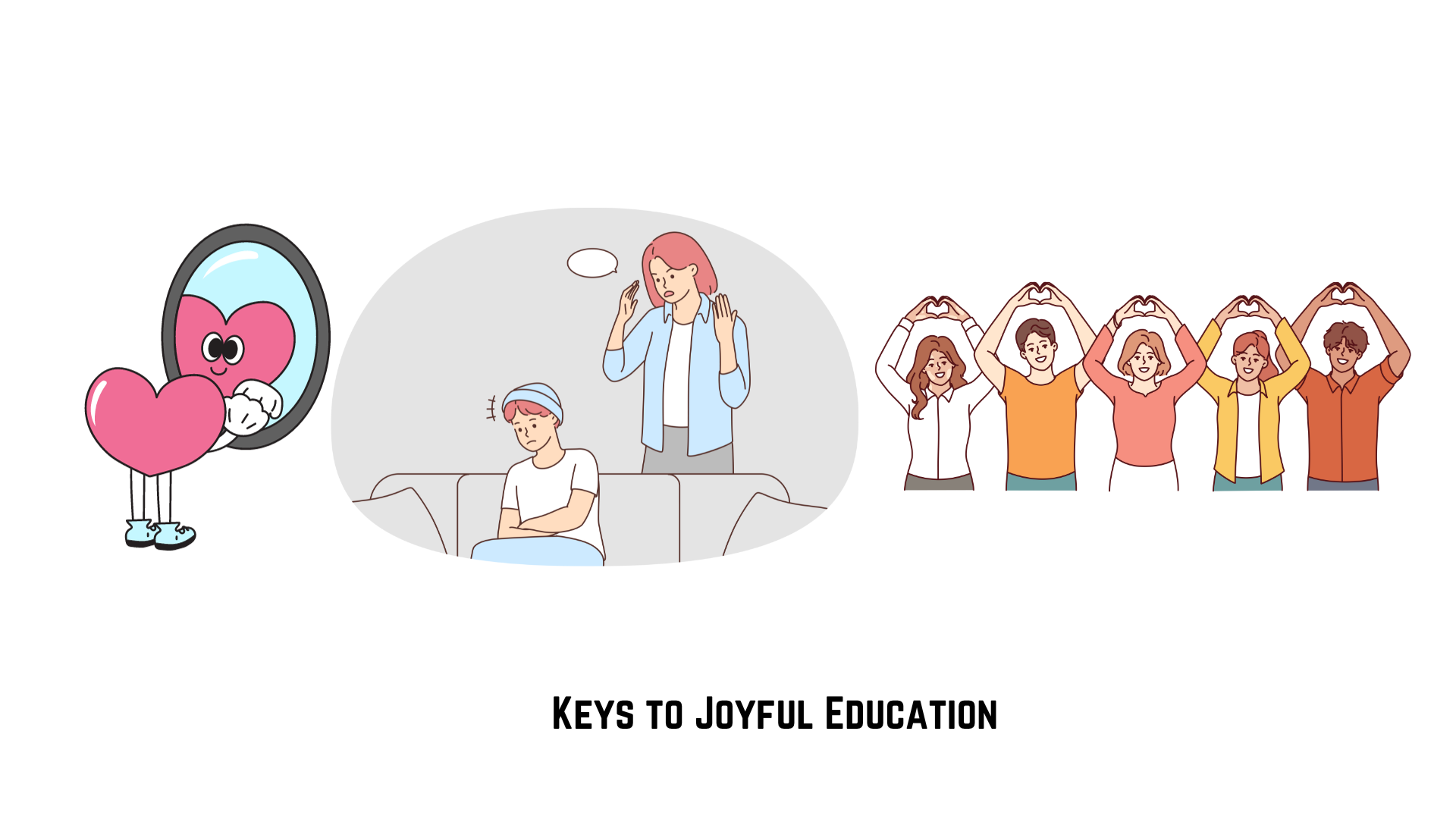Trending Now
- 830 voters names go missing in Kavundampalayam constituency
- If BJP comes to power we shall consider bringing back electoral bonds: Nirmala Sitaraman
- Monitoring at check posts between Kerala and TN intensified as bird flu gets virulent in Kerala
Columns
Sabarimala and women devotees: We need to talk about God in God’s own country
![]() January 17, 2016
January 17, 2016
Chitra Subramaniam
For someone who believes that a conversation with god – any god – is perforce a personal journey, a commentary on the Sabarimala controversy is a personal view. There are some who share it, there are others who don’t and some may even mock at it. God gives people the right to agree and disagree, think and converse and I believe people make their gods in their own arrogance and stupidity, but thankfully most make sensible decisions. It is silly to see what other religions do and compete for the last prize or the least common denominator as many are now doing following the Supreme Court observation.
India’s apex court this week asked Sabarimala authorities to allow women to pray at the temple. This conversation must be informed by sense and equanimity, not nonsense and anger. It has to be questioned without excluding anyone. This will not be easy – it is not for nothing that some believe perfection is an affront to god.
In an interview to The News Minute, Prayar Gopalakrishnan who heads the Travancore Devaswom Board questioned the Supreme Court’s observations. “I have a question to ask those who question these customs. There is a festival in Thiruvananthapuram called Pongala in which only women can participate and not men. So why are people not questioning that?” he asked. Pongala does not bar men, but that is beside the point. Gopalakrishnan’s views set the discourse on a slippery slope, perhaps as slippery as the decade old court case in which the Supreme Court ruled this week.
History is replete with examples of how dangerous human beings can become if courts or the state machinery interfere with their faith. Hinduism as I know and practice it, invites debate, encourages contemplation and respects the female and the male. This issue will neither be solved in a courtroom nor a home. Solutions will have to come from society especially from Hindus who are directly concerned with this and understand the context – faith has a context, it has a voice.
So where do I stand on this? I believe no human being can stop another human being, man, woman or child, from offering prayers to gods. Yes, I can sit at home and pray, but if I wish to make the journey whether it is to Sabarimala or Fatima, Lourdes or Vaishnavo devi, that right is mine. So no, I think the Supreme Court must stay out of this. There is an issue of menstruating women not allowed to visit the presiding deity Lord Ayappa, and we need to understand why this is so and discard taboos and myths through enquiry and maturity, not emotions and blackmail.
Women were prevented from performing many tasks. Cremating the dead, for example was one. Religion had nothing to do with it. Stress, strain shock and grief were then thought to be one of the main reasons that kept women away from cremation grounds or lighting the funeral pyres of their loved ones. Slowly, this is giving way to reason because women have led the conversation. Angapradakshanam – the practice of rolling around e temple courtyard was also not advised for women. This too is no longer the case. It is time for women to lead the conversation on Sabarimala too. If we wait for others to do so, it will be skewed.
One of the main reasons for women not being allowed to pray at the Sabarimala temple is that the long and arduous journey to the sanctum sanctorum lasts 41 days, time within which women undergo their menstrual cycles. There are many homes in south India where women are not allowed to enter the kitchen – sometimes also required to eat in separate utensils – during this period. There are other homes where this practice has been abridged to bar entry just to the pooja room. In yet others, typically where husband and wife are employed this practice is inexistent. Life must go on. We all know of situations where menstrual cycles have been postponed medically to accommodate a wedding at the right moment – god is very understanding of stupidity. If not, there would be no visa temple, please give me a son temple, please cast an evil spell on my neighbor temple etc.
Change is constant, religious change is also constant. At one point it was believed that men who crossed the seven seas (went to Europe or America) had to be purified when they returned. Communities that have resisted change based on religious beliefs cannot grow. The declining Parsi community in India is a stark example. There are others.
I think we should engage in a meaningful conversation with India’s courts as well as people objecting to menstruating women visiting the temple. But, what I find deeply offensive and disgusting are some campaigns that do not, as it claims to, demystify menstruation. Germaine Greer and the medical community have done their bit. How many women anywhere in the world have you seen walking around in soiled clothes, attending dinner parties, addressing conferences, cooking and getting children ready to school?
Let us leave god out of this – she is eminently more reasonable and kind. Look at everything she has to put up with.
Disclaimer:The views above are the author’s own






















